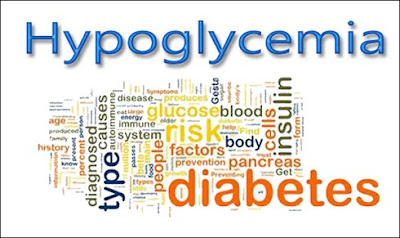6 Tips for Following a Gallstones Diet
Gallstones and diet have more to do with each other than you may think. While diet doesn’t cause or cure gallstones, the foods you eat and the ones you avoid can keep gallstones at bay or ease pain if you currently have a gallbladder problem. Follow these tips for following a proper gallstones diet.
1. Foods to Avoid
If you’re going to follow a diet for gallstones, there are certain foods that you’re going to have to cut out of your normal way of eating. Avoid eggs, onions, coffee, grapefruit, oranges, corn, beans, nuts and alcohol. You should also eliminate dairy, pork and fowl. Foods with gluten, saturated fat and hydrogenated oil should be avoided as well.
Fried foods, processed foods and dairy products made with whole milk are the worst for you when you have gallstones. That includes, donuts, pie, cake, cookies, full-fat cheese, ice cream, cream and butter. While you don’t have to avoid red meat entirely, you should choose lean cuts instead of eating fatty red meat.
2. Foods to Eat
Now that you know which foods you should avoid on your gallstone diet, gather the foods that are good for you. Stock up on garlic, garlic oil, avocados, ginger root, artichoke, coconuts, turmeric and flax oil.Fruits are healthy, too, and you’ll want plenty of grapes, apples, apricots, berries, Casaba melons, currants, figs, guavas, lemons, pears and prunes for a gallstones diet.
Some people eat radishes as part of a gallstones diet, but it’s best to only have radishes to prevent gallstones, since they can add to discomfort.If you’re sure you don’t have a gallbladder problem, radishes can help keep gallstones away. Remember, whatever foods you choose, buy organic if possible.
3. Best Drinks for a Gall Bladder Diet
Juice from fresh vegetables, particularly beets and cucumbers, is great to drink or to use as a meal replacement. Fruit juice is always healthiest if you juice it yourself and drink it soon after. Organic grape juice, especially if it’s freshly pressed, is recommended. Apple juice is a good component of a gallstones diet as well and you should always drink plenty of water, too.
4. Foods to Relieve Pain
Part of your gallstones diet should include recipes and foods that will help ease the pain. Flax seed tea is often used to treat gallstones pain. Boil one tablespoon of flax seeds in two and a half cups of water for five minutes. Steep the tea for ten minutes before straining. Sip the tea slowly. Cucumbers, cucumber juice and aloe vera juice also help to relieve the pain from gallstones.
5. Eating Healthy to Prevent Gallstones
If you don’t have gallstones but you want to make sure you’re not at risk for getting them, you have a bit more leeway with what you eat. Ideally, you want to eat a healthy and low fat diet, since being overweight puts you at a higher risk for developing gallstones. Eat plenty of fresh fruits and vegetables.
Whole grains are also recommended, including whole wheat bread and pasta, brown rice, oats and bran cereals. Lean meats, poultry and fish are fine as well. You can eat dairy products if you don’t currently have gallstones, but make sure that whatever you choose is low fat.
6. Losing Weight to Prevent Gallstones
If you’re currently overweight, you may want to lose weight in order to maintain a healthier lifestyle and lower your risk of gallstones. However, it’s important to keep in mind that a low fat diet doesn’t equal a low calorie diet. While you want to consume healthy calories, eating too few calories isn’t going to be good for your body, even if you’re overweight.
Aim for a weight loss of one to two pounds per week. Make sure to exercise regularly, too, since changing your diet isn’t the only solution to being healthy. You should also talk with your doctor about losing weight if you currently have gallstones, since he may be able to put together a specific gallstones diet and exercise plan for you.



Komentar
Posting Komentar